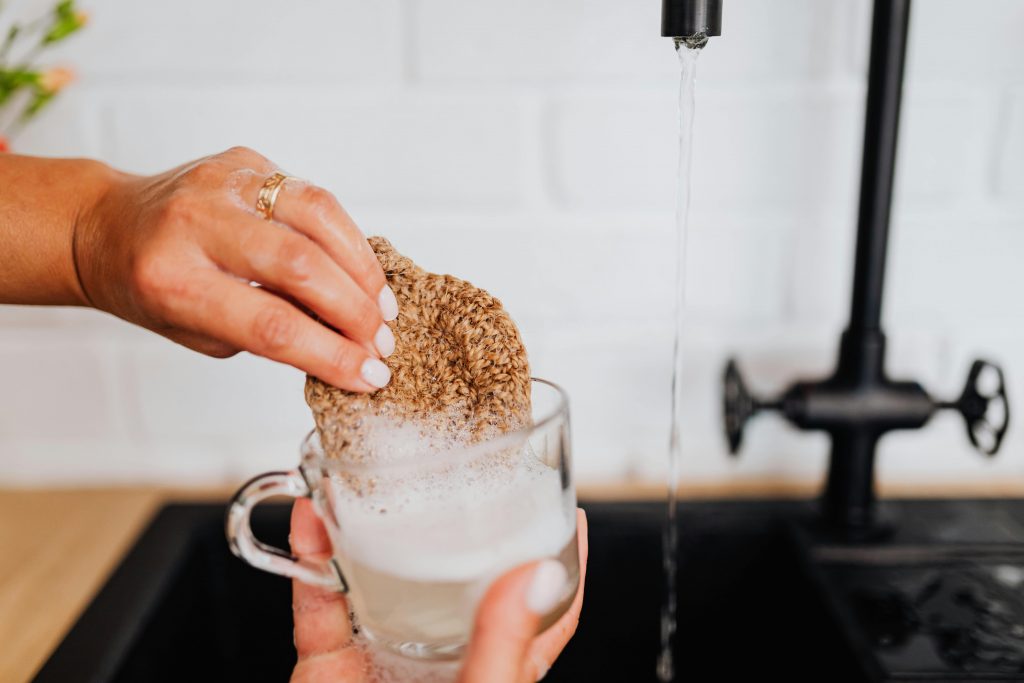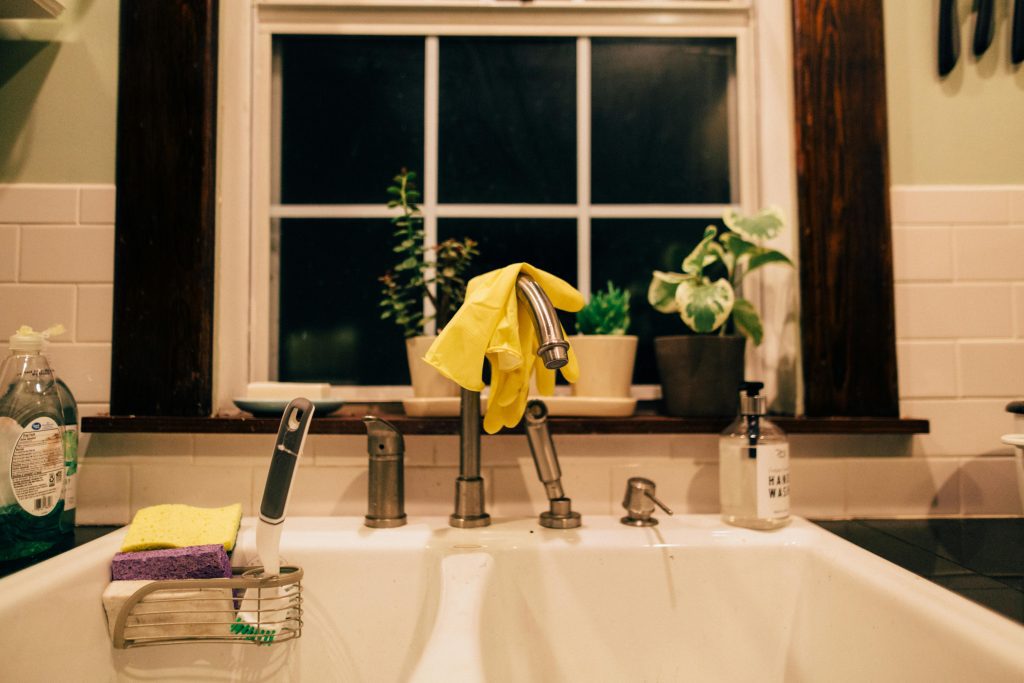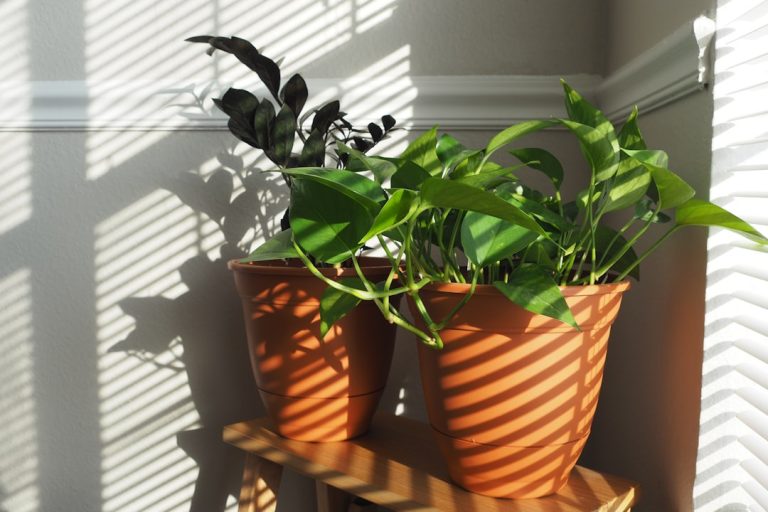A blocked kitchen drain can be a vexing and inconvenient issue to address. Understanding the causes of a blocked kitchen drain is crucial in preventing future obstructions. One of the primary culprits of a blocked kitchen drain is the accumulation of food particles, grease, and oil.
When these substances are washed down the drain, they can solidify and create a blockage over time. Moreover, non-food items such as coffee grounds, eggshells, and fibrous vegetables can also contribute to blockages by becoming lodged in the pipes and causing a build-up of debris. Furthermore, mineral build-up from hard water can also lead to blockages in the kitchen drain.
It is essential to be mindful of what goes down the kitchen sink to prevent these common causes of blocked drains. Another frequent cause of a blocked kitchen drain is the improper disposal of cooking oils and fats. When these substances are poured down the drain, they can solidify and create a sticky residue that traps other debris, leading to a blockage.
Additionally, old and deteriorating pipes can also contribute to blockages as they become more susceptible to build-ups and obstructions over time. It is important to be aware of these potential causes of blocked drains in order to take proactive measures to prevent them from occurring in the first place.
Summary
- Grease, food particles, and soap scum are common causes of clogged kitchen drains
- Use eco-friendly products like baking soda and vinegar to unclog drains
- Lemon juice and hot water can be used as natural remedies for clearing clogged drains
- Regularly clean and maintain your kitchen drain to prevent future clogs
- Seek professional help if natural remedies and preventative measures are ineffective
Eco-Friendly and Sustainable Solutions for Unclogging Drains
Natural Remedies
One such solution is using a mixture of bicarbonate of soda and vinegar to break down and dislodge the blockage. This natural remedy is not only effective but also safe for the environment as it does not involve the use of harsh chemicals. Simply pour a cup of bicarbonate of soda down the drain followed by a cup of vinegar, then cover the drain with a plug to allow the mixture to fizz and work its magic. After about 30 minutes, flush the drain with hot water to clear away the blockage.
Manual Solutions
Another eco-friendly solution for unclogging drains is using a drain snake or auger to physically remove the blockage from the pipes. This tool is effective in breaking up and dislodging stubborn clogs without the need for chemical drain cleaners that can be harmful to the environment. Additionally, using a plunger to create pressure and dislodge the blockage is another sustainable solution for clearing clogged kitchen drains.
Benefits of Eco-Friendly Methods
By opting for these eco-friendly methods, you can effectively unclog your kitchen drain while minimising your impact on the environment.
Natural Remedies for Clearing a Clogged Kitchen Drain

In addition to using baking soda and vinegar, there are other natural remedies that can be used to clear a clogged kitchen drain. One such remedy is using salt and hot water to break down and flush away blockages. Simply pour half a cup of salt down the drain followed by boiling water to help dissolve and dislodge the clog.
This natural remedy is effective in clearing minor blockages and is safe for both your pipes and the environment. Another natural remedy for clearing a clogged kitchen drain is using lemon juice and hot water. The acidic properties of lemon juice can help break down grease and grime that may be causing the blockage.
Simply pour a cup of lemon juice down the drain followed by hot water to help flush away the debris. This natural remedy not only helps clear clogs but also leaves your kitchen smelling fresh and citrusy.
Preventative Measures to Avoid Future Clogs
| Preventative Measures | Benefits |
|---|---|
| Regular Drain Cleaning | Prevents buildup of debris and grease |
| Use of Hair Catchers | Reduces hair clogs in bathroom drains |
| Avoid Pouring Grease Down the Drain | Prevents grease buildup in pipes |
| Install Mesh Screens in Kitchen Sink | Prevents food particles from clogging the drain |
| Regular Inspection of Pipes | Identify and fix potential clog-causing issues early |
Preventing future clogs in the kitchen drain is essential in maintaining a healthy and functional plumbing system. One preventative measure is to install a sink strainer to catch food particles and debris before they can go down the drain. This simple yet effective tool can help prevent blockages caused by food scraps and other solid materials.
Another preventative measure is to avoid pouring cooking oils and fats down the drain. Instead, collect them in a container and dispose of them in the trash once they have solidified. This helps prevent the build-up of sticky residue in the pipes that can lead to clogs over time.
Regularly flushing the kitchen drain with hot water can also help prevent future clogs by melting away any grease or oil build-up before it has a chance to solidify and cause a blockage. Additionally, using enzyme-based drain cleaners on a monthly basis can help break down organic matter and prevent it from accumulating in the pipes.
Seeking Professional Help for Stubborn Clogs
In some cases, stubborn clogs may require professional help to effectively clear the blockage. A professional plumber can use specialised tools such as hydro-jetting or drain cameras to identify and remove stubborn clogs that cannot be cleared with DIY methods. Hydro-jetting involves using high-pressure water to blast away blockages and clean the pipes, while drain cameras allow plumbers to visually inspect the inside of the pipes to locate and remove the blockage.
Additionally, professional plumbers have access to eco-friendly and sustainable solutions for clearing clogged drains that are safe for both your plumbing system and the environment. By seeking professional help for stubborn clogs, you can ensure that the blockage is effectively cleared without causing harm to your plumbing system or the surrounding environment.
Maintaining a Sustainable and Eco-Friendly Kitchen Drain

Choose Eco-Friendly Cleaning Products
One way to maintain a sustainable kitchen drain is by using eco-friendly cleaning products that are safe for both your pipes and the environment. Look for biodegradable and non-toxic drain cleaners that effectively break down organic matter without harming aquatic life or polluting water sources.
Regular Maintenance is Key
Regularly maintaining your plumbing system by scheduling routine inspections and maintenance checks can also help prevent clogs and other plumbing issues from occurring. By addressing minor issues before they escalate into major problems, you can avoid unnecessary damage to your plumbing system whilst reducing your environmental footprint.
Be Mindful of What Goes Down the Sink
Additionally, being mindful of what goes down the kitchen sink and adopting sustainable practices such as composting food scraps instead of disposing of them down the drain can help prevent future clogs whilst reducing waste and promoting environmental sustainability.
Embracing Natural and Eco-Friendly Solutions for a Healthy Kitchen Drain
In conclusion, understanding the causes of a clogged kitchen drain is essential in preventing future blockages. By adopting eco-friendly and sustainable solutions for unclogging drains, such as using natural remedies like baking soda and vinegar or salt and hot water, you can effectively clear blockages without harming the environment. Taking preventative measures to avoid future clogs, such as installing a sink strainer and avoiding pouring cooking oils down the drain, can help maintain a healthy kitchen drain.
Seeking professional help for stubborn clogs when DIY methods are not effective ensures that the blockage is cleared without causing harm to your plumbing system or the environment. By maintaining a sustainable and eco-friendly kitchen drain through environmentally conscious practices and regular maintenance, you can minimise your impact on the environment while keeping your plumbing system in good working condition. Embracing natural and eco-friendly solutions for a healthy kitchen drain not only benefits the environment but also promotes sustainable living practices for a greener future.
If you’re dealing with a kitchen drain clogged with food scraps and grease, you may want to consider the environmental impact of using harsh chemical drain cleaners. According to a recent article on Eco Friendly Home and Garden, sustainable and eco-friendly solutions for unclogging drains can be both effective and better for the planet. Instead of reaching for a chemical-laden product, you might want to try using a mixture of baking soda and vinegar to clear your clogged drain. This approach is not only better for the environment, but it’s also safer for your pipes and your family.


